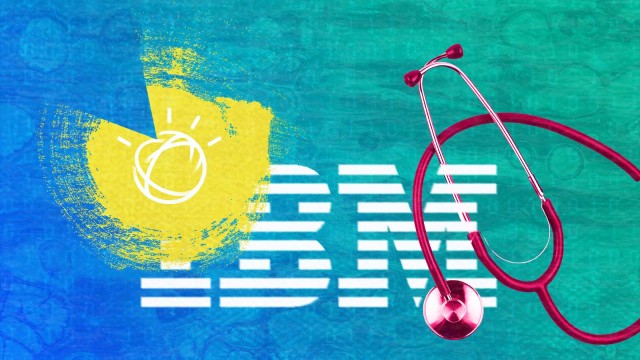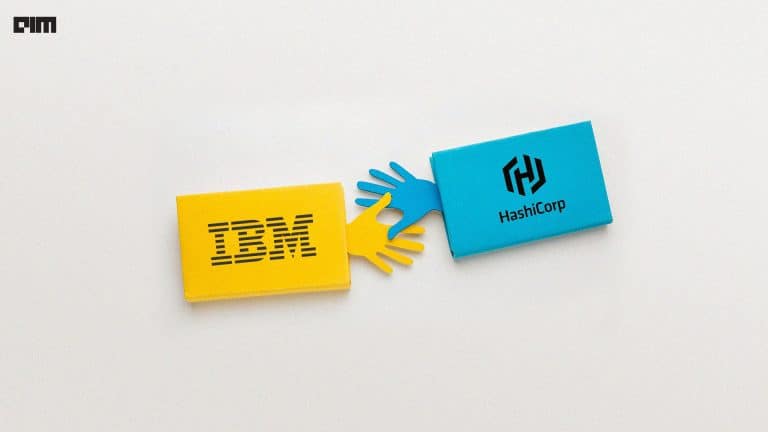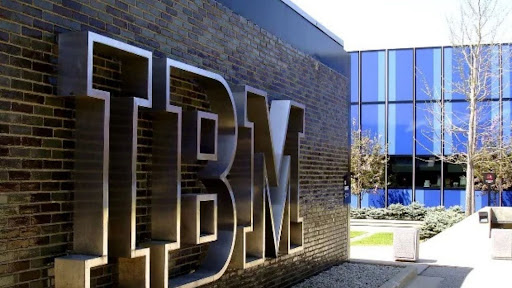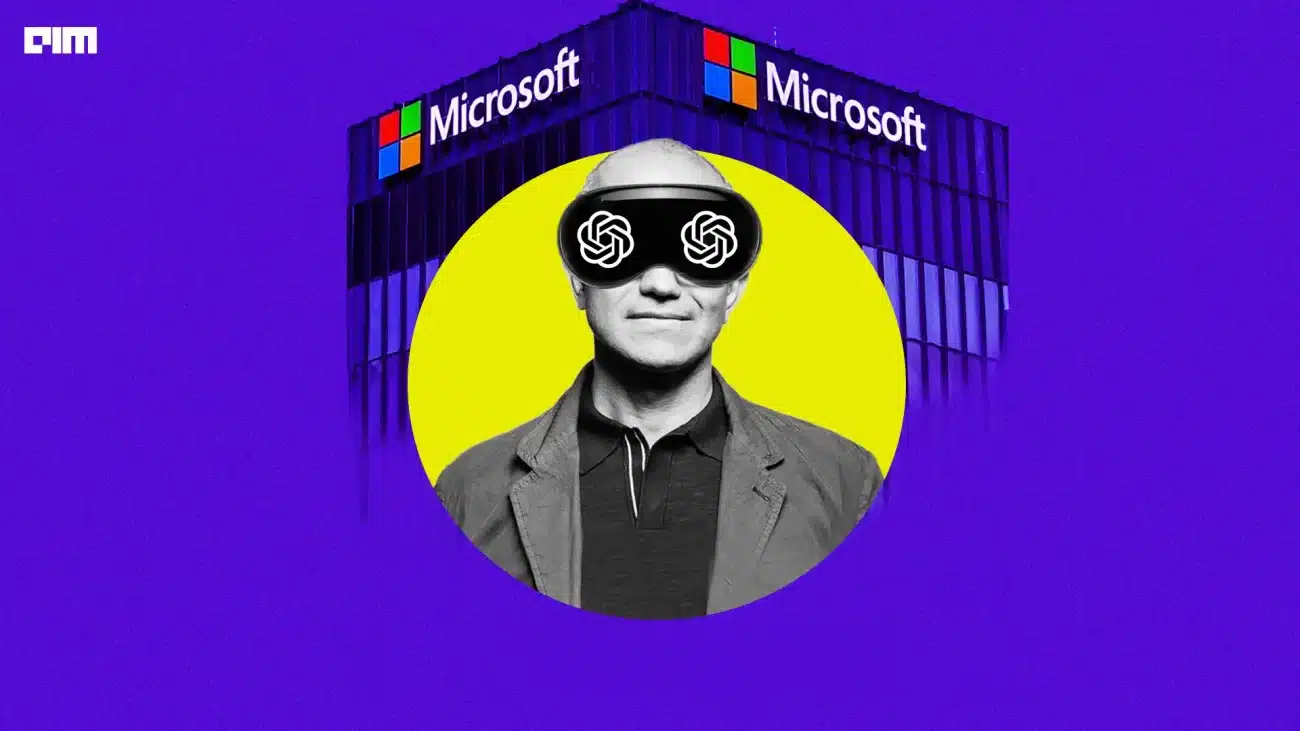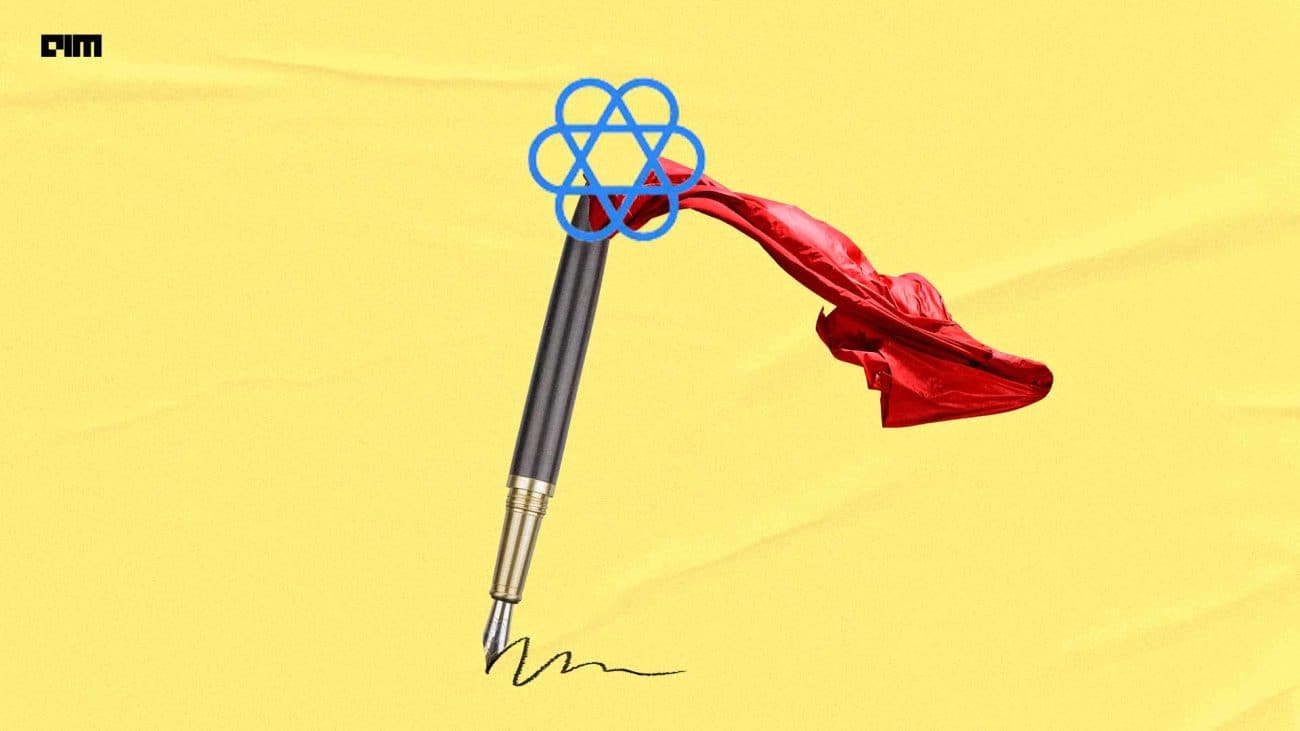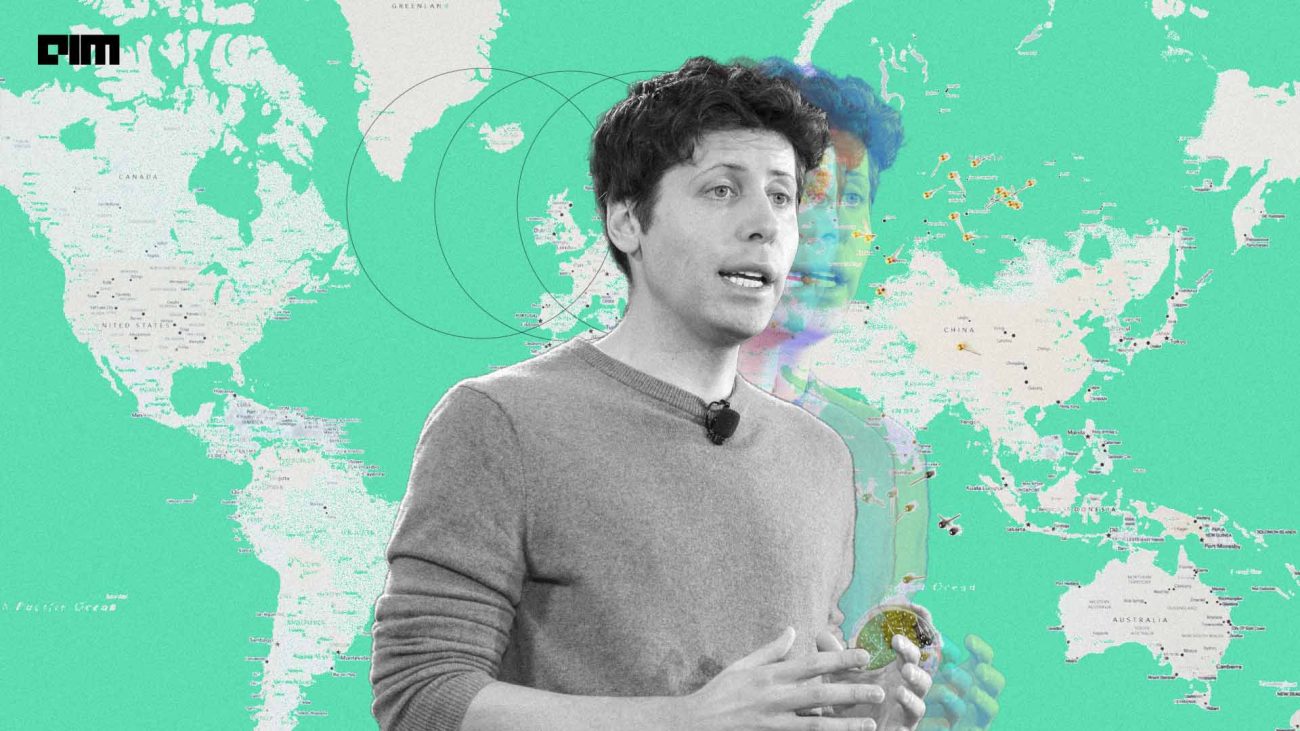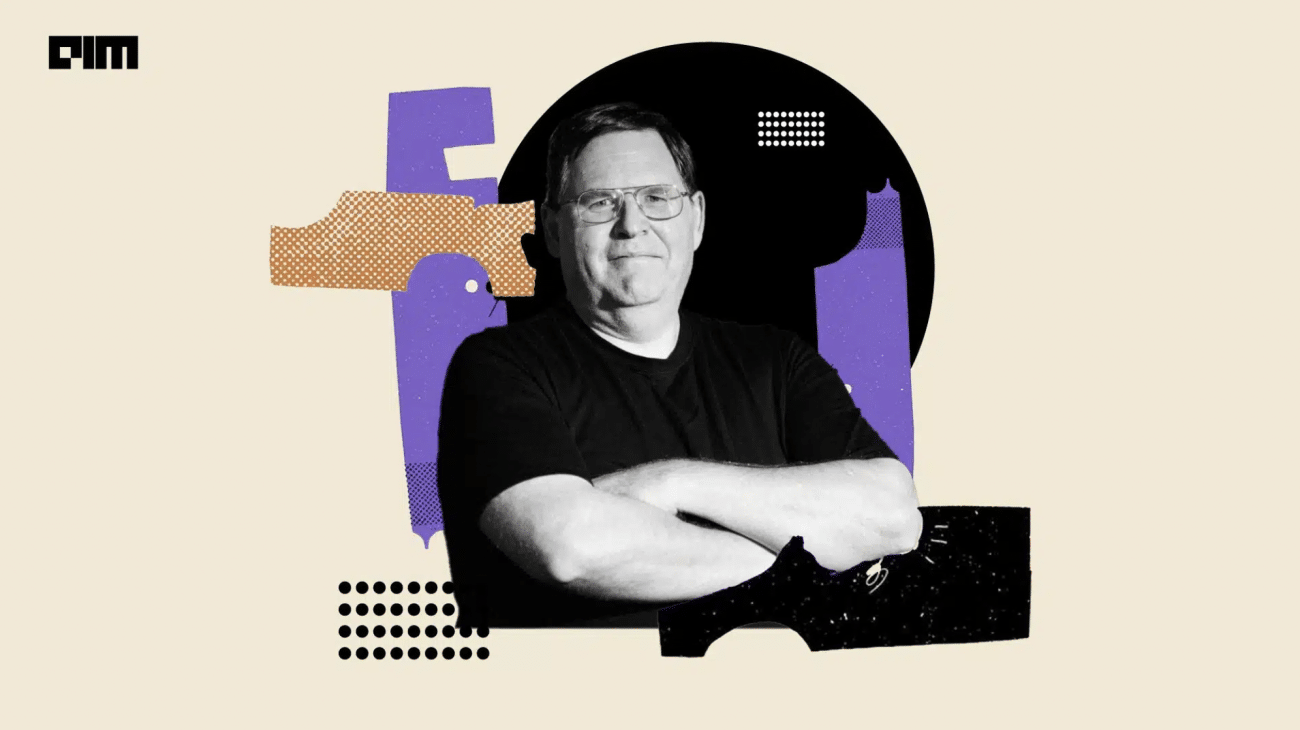After a long period of speculation, IBM has finally agreed to sell a part of the Watson Health business to private equity firm Francisco Partners. The deal has been locked in for $1 billion, as per media reports. With this deal coming through, IBM Watson would be selling its extensive and wide-ranging data sets and products and image software offerings.
Confirming the deal, Tom Rosamilia, senior vice president, IBM Software, said that it is the ‘next clear step’ in IBM’s endeavour to become more focused on platform-based hybrid cloud and AI strategy. “IBM remains committed to Watson, our broader AI business, and to the clients and partners we support in healthcare IT,” he added.
Under this agreement which leaves Watson Health as a standalone company, the current management team will carry forward their responsibilities in similar roles. The team would continue to serve the existing clients in the life sciences, imaging, government health, and human services sectors.
Francisco Partners, to which a part of IBM Watson Health has been sold off, was established over 20 years back. To date, the organisation has invested in over 400 technology companies with extensive experience in healthcare technology. Some of the companies in which Francisco Partners has invested include Landmark, QGenda, Trellis, and Zocdoc.
IBM Watson
IBM Watson Health was an ambitious project introduced to use the core AI platform to help healthcare professionals analyse large amounts of data and assist in cancer treatment. The company roughly spent $4 billion in acquisitions, buying out companies like Truven for $2.6 billion in 2016; Merge Healthcare in 2015 for $1 billion; $230 million for Phytel, among others. There has been an increased noise around how Watson Health failed to live up to the hype.
The speculation around the sale of Watson Health intensified last year. In early 2021, IBM hired Morgan Stanley for the sale of the unit; however, the deal was never formalised. In the later part of the year, IBM brought Bank of America to help it sell the unit (minus a few segments).
The unprofitability of Watson Health aside, IBM, since Arvind Krishna has taken over as the CEO, has been doubling efforts on the cloud computing front. The efforts have led to some tangible positive results too. IBM recently reported a ten-year-best sales growth on cloud demand. In three months ending December 31, the sales grew 6.5 per cent to $16.7 billion. The hybrid cloud revenue grew by 16 per cent to reach $6.2 billion. One of the major influences to IBM’s positive growth graph can be attributed to the acquisition of Red Hat. Upon the finalisation of the deal, Red Hat’s representatives said that this collaboration would help customers ‘securely deploy, run and manage data and applications on-premises and on private and multiple public clouds’.
That said, the company still faces stiff competition from cloud service giants like Microsoft and Amazon. IBM’s strategy here seems to be offering hybrid models to clients for storing and processing data in on-premise infrastructure, private cloud services, and public providers-run servers.
Competition tightens in healthcare tech
At the time when IBM has parted with a significant portion of Watson Health, other companies are intensifying their investment in the healthcare domain.
Last year, Microsoft announced the acquisition of speech recognition-based company Nuance Communications, which has developed products like Dragon Ambient eXperience, Dragon Medical One, and PowerScribe One. This acquisition builds on Microsoft’s capabilities in voice recognition and transcription technology.
Another major player, Oracle, finalised the acquisition of Cerner Corp. Under this deal, the company will work on the development of easy-to-use digital tools to lower the administrative workloads on medical professionals and improve outcomes and costs incurred.
Alphabet-owned AI lab DeepMind has been making huge strides in the healthcare and biotechnology sector. Its breakthrough in solving the decades-old protein folding problem made everyone sit up and take notice.


